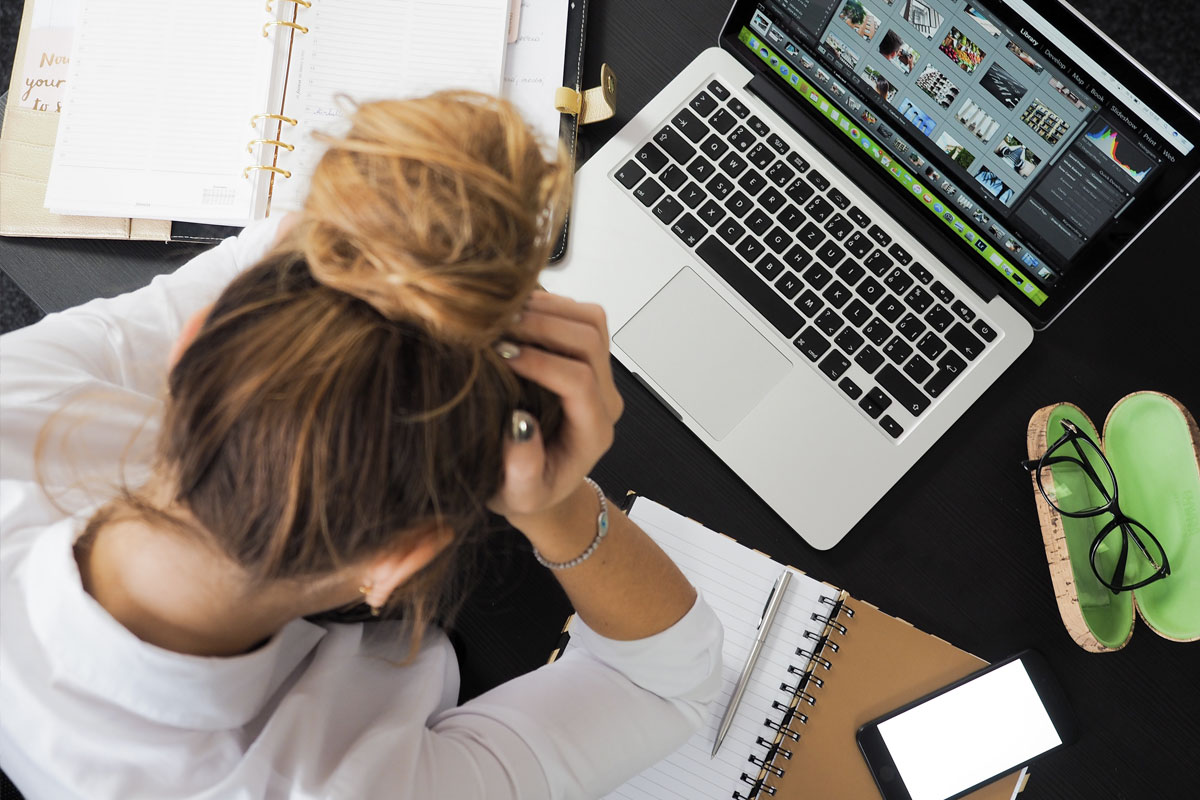

When a digital detox isn’t possible

By Haley Tamblyn, Social Media Consultant at Hughes PR
Remember life before smart devices?
Before the smartphone was always within reach, the smartwatch attached to your wrist and smart speakers listening to your every word in your home.
With research highlighting the impact of technology on everything from the way we interact with others, to our mental health and ability to focus, we ask the question – in an increasingly connected world, how do we disconnect from tech to avoid burning out?
What boundaries must we set ourselves to create a healthy relationship with “smart” technology?
The concept of “setting healthy boundaries with tech” started about 12 years ago for me, working as a Media Adviser for the Country Fire Service in South Australia. Our media team had just started using iPhones which was exciting but meant it was easy to stay connected to our work, all the time.
We worked on rolling shifts during significant bushfire days, with the understanding that when we logged off, we physically switched off the phones and pagers to sleep, recharging ourselves to come back on shift eight hours later.
It sounds simple in theory to switch off the phone and email. But it’s not so easy to disconnect the brain when you’ve been operating in a high-stress, adrenaline-fuelled situation for many hours.
Now fast forward 10 years, two children and the infiltration of social media and smart technology in all aspects our lives.
Today, as a Social Media Consultant managing up to 30 social media channels at one time, I’m mindful of the boundaries I set for myself, to disconnect from a device that is literally within arm’s reach every second of every day.
Social media is the last thing I check before I go to sleep and the first thing I check when I wake up – there’s no getting around that in this job. None of the typical ‘digital detox’ strategies apply when you’re the first line of defence and the public face for your brand. However, the strategies I learnt 10 years ago at the CFS help me disconnect to avoid burning out.
Setting healthy technology boundaries:
For social media managers: Be clear with your social media community about what they can expect from the page – these are the foundations that will help you sleep at night!
- Community Guidelines should be published or linked from the profile, making clear the expectations for people intending to interact with the page or each other.
- Set up profanity filters for swear or sensitive words so those posts will be automatically hidden from public view. This also prevents conversations from deteriorating in your absence.
- I use Facebook’s after-hours auto-response so people who direct message the page know they can expect a longer response time after hours. This doesn’t absolve me of the responsibility of checking DMs after hours, but it does buy me time to check a little less frequently.
- Use a social media scheduling platform to schedule posts in advance. It also makes it quick and easy to catch up on comments, DMs and posts in the one place.
For all of us: declutter your smartphone, Marie Kondo style
- Turn off push notifications. With the right foundations (as mentioned above) in place, there should be no need for push notifications to your device. I’m logged in enough at work that the same notifications only clutter my smartphone. The one notification I allow to come through is DMs.
- Turn off email notifications after hours. A colleague once said to me; “I will often send you emails late at night. This is my choice; it’s how I manage my hours around my family. I do not expect you to respond at that time”. Turn off the email pop-up. If it’s urgent someone will pick up the phone and call!
- Take advantage of your smartphone’s ‘do not disturb’ feature. This feature stops notifications, alerts and calls from making noise, vibrating or lighting up the screen when the screen is locked. Voila! Sleep well my friends!
- Declutter your smartphone apps. I started by creating a calming, plain wallpaper in Canva. Then I got to work deleting, filing and sorting apps. Keep apps that fill your cup on the first screen, work-related and social media apps to the second screen, and so on. (My third screen is like page two of Google … where my apps go to die!) The absolute best thing I did in 2019 was de-clutter apps in my smartphone! This will change your life!
- Have set social media times at home. Whether this is to unwind when you first get home from work, or at another time that suits you – try to resist the temptation of the never-ending scroll.
- Device-free dinner. There is absolutely, definitely no need for a smartphone at the dinner table. Leave it on the bench or, better yet, in another room!
Remember the first rule of flight safety – put your own flight mask on first.
Research unequivocally shows that social media is associated with higher rates of depression and a raft of other mental health concerns. As someone who makes a living from social media and digital tech, I’m especially vulnerable to this. I’m mindful of how technology is impacting my mental health and have taken steps to introduce hobbies, activities or strategies that fill my cup and get me away from technology for a little while each day.
- I work part-time – but social media doesn’t. I manage to switch off on my days off, by sharing the load with my workmates who keep an eye on the channels in my absence and call me for anything urgent. I won’t lie, I do still check in and send urgent replies, but my workmates lighten that load considerably.
- This goes against the ‘disconnect from tech’ theme, but there are some fantastic meditation and mindfulness apps out there. I particularly like Smiling Mind, Headspace and Calm.
- Move. I recognise that my mental health is better when I’m exercising and when I have a good, non-work-related book on the go. Find what fills your cup and set the phone aside to make time for that every day or so.
- I work really hard at being present in the moment, and my two and four-year-old children certainly help with that!
One of the best pieces of advice I received from a mentor was the ‘sharpen the saw’ analogy; “You can keep working hard with a blunt saw, but if you stop and take time to sharpen the saw, you’ll come back far more effective with far less effort.”
Take advantage of the slower times, and use them to recharge for those more demanding days.
What about you? What strategies do you use to disconnect from tech in today’s globally connected online world?
— Published in Thrive Global on November 25, 2019
Recent News
- Blog: Caitlyn's work experience at Hughes
- Blog: Navigating the changing media landscape
- $48M affordable housing hub revives beachside site
- Covid success story: SA digital transformation start-up expands interstate
- Industry leader Mark Smith appointed National Pharmacies CEO
- Mellor Olsson appoints new CEO
- Indonesia AirAsia touches down in Adelaide, enabling affordable connectivity across Asia via Bali
- Playgroup reimagined: Elders and children connect at ACS's Aboriginal aged care home
- Apartment living reaches new heights with $120 million Parkline development topping out
- A Fresh Take on Strawberries: Premium Packaging that Looks as Good as it Performs
- Paper & board packaging leader unboxes new global HQ in Adelaide
- Lutheran Homes Group brings its high-quality aged care to regional Victoria in historic expansion
- Blog: The growing AI threat - what it can mean for your brand and reputation
- CH4 Global named as one of the world’s top Sustainable Development Goal leaders
- Scotch AGS Vietnam’s inaugural SACE graduates go global
- Gen Z and the future of AI
- Qantas international services return to Adelaide
- Blog: Let’s get (a)political: all you need to know about elections and public relations
- The world’s most valuable dog toy revealed in the lead up to Guide Dogs Day
- Skytrax names Adelaide as best regional airport in Australia & Pacific region








